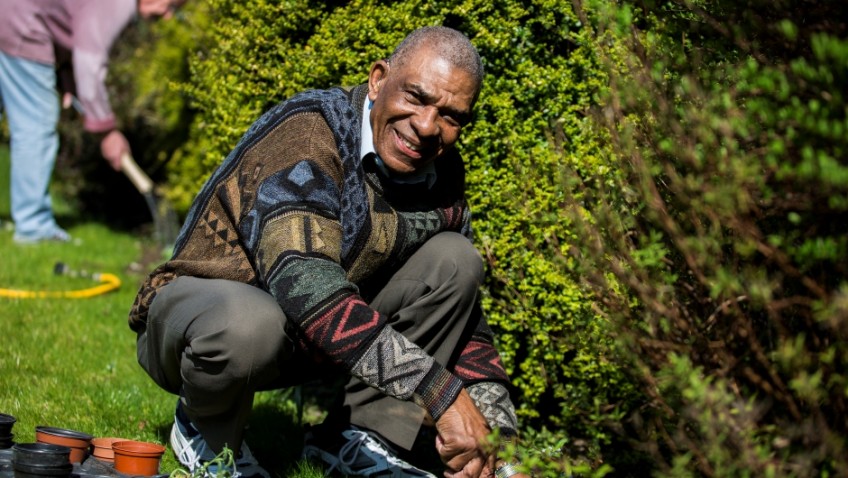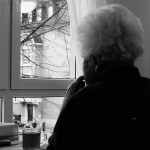People with dementia and their carers are being urged to resist the temptation to ‘hibernate’ after the clocks go back this weekend by Alzheimer’s Society. Remaining active throughout the winter and soaking up the daylight has been shown to boost health, a sense of well-being and support the body’s natural rhythms.
Some 850,000 people are living with dementia across the UK and as winter looms, the charity is extolling the virtues of outdoor activities and their social and physical benefits to those who have the condition and their 670,000 carers.
People with dementia may have trouble getting to sleep and the condition can affect their body clocks. Night can turn into day creating a sense of confusion and this can become stressful for a carer.
Keeping busy outdoors and soaking up natural light can help a person with dementia to sleep at night because they are physically more tired and more in tune with the rhythms of the day.
As well as meeting emotional needs, exercise can improve memory and slow down mental decline and it has other benefits such as increasing mood, strengthening muscles, increasing mobility.
Alzheimer’s Society Director of Operations Kathryn Smith said: ‘Indoor home comforts are very alluring when winter arrives but we’d urge people with dementia and their carers to get out and about in the daylight, even if it’s just to potter around in the back garden.
‘It’s not only good for the person with dementia because they are likely to feel better and sleep better but it’s good for the carer because a good night’s rest is the best way of re-charging batteries and reducing stress.’
Now, in a bid to encourage outdoor pursuits, Alzheimer’s Society has drawn up a list of their top-five recommendations for open-air pastimes to stimulate the senses, boost people’s physical condition and maintain health sleep patterns. They are:
- Gardening – there’s always work to be done in the garden and raised beds are ideal for people with mobility problems.
- Feeding birds and other animals – interacting with animals can help with anxiety and reduce blood pressure in people with dementia.
- Walking and talking – keeping socially active is good for mood and well-being, reduces isolation and may foster a sense of belonging and can improve mood.
- Playing with pets – they say dog is a man’s best friend with good reason and those faithful servants will always lift the spirits and wear out their owners.
- A visit to a park or garden – outdoor environments such as gardens can also be calming and improve mood as can a reading session with friends in your back garden.
Rosemary O’Neill, whose husband Sean has dementia, said they are keen to get out-and-about throughout the winter.
‘Sean’s always been keen on his gardening which is great but that’s limited through the dark months due to weather,” said Rosemary who lives in South Tyneside.
‘I find keeping it simple works best and things like going for a nice little walk can occupy Sean. I also take his photo when we are out to start doing an activities album because it will help us reminisce.
‘Non-league football is big in our part of the world and so I’m also intending to look for local outdoor football matches that are on and take him there because he’s always been a big football fan come rain or shine.’
Alzheimer’s Society has a range of tips for remaining active as a person’s dementia develops and a factsheet can be downloaded or ordered through our website alzheimers.org.uk/factsheet/521
Alzheimer’s Society provides a range of services to support people living with dementia. Call the national helpline on 0300 222 1122 or email helpline@alzheimers.org.uk. For more information about Alzheimer’s Society visit www.alzheimers.org.uk.





